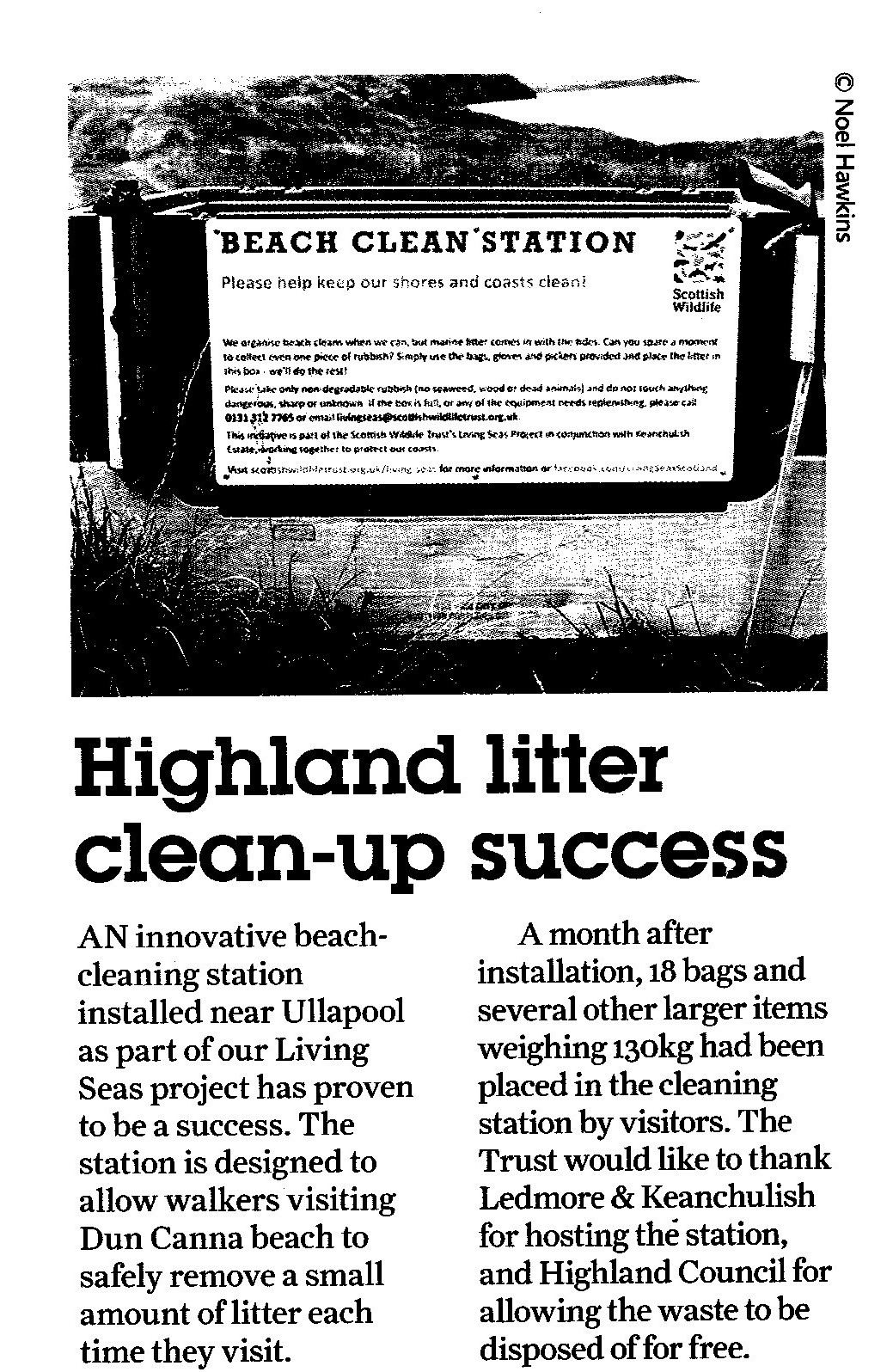
While I would love our National Parks to be litter free, when litter is getting worse everywhere in Scotland (see here), any attempt to reduce litter which does not take account of the wider context is almost certainly doomed to failure.
Yet that is what the Loch Lomond and Trossachs National Park Authority did when it tried to blame littering in the National Park on campers and campervanners and came up with the counter-productive idea that the way to address the litter problem was to ban and control these activities through the camping byelaws. I say counter-productive because the LLTNPA has been attacking the very people who should have been its strongest allies in tackling the litter scourge. For its the people who enjoy being out in the countryside – who camp and fish among other activities – who probably have the most developed anti-litter ethic in Scotland. Think of “leave only your footprints, take only the air”. Hillwalkers, wild campers and other such recreational visitors are not perfect, of course, but most are a great deal more litter aware than the rest of the population.
What’s more a small but significant proportion of outdoor recreationists pick litter up. I bumped into two fell runners on Ben Lomond a couple of months ago and jogged down with them. Normally I don’t pick up litter when running – it interrupts the flow – but these two stopped to pick up every piece of litter they saw on the way down. So, so did I. The Scottish Wildlife Trust initiative near Ullapool (see above) is a wonderful example about how our public authorities could harness this goodwill from people who enjoy the countryside and use it to make our countryside litter free.
Imagine what might have happened if instead of trying to ban campers, the Loch Lomond and Trossachs National Park Authority had provided litter pickers and made it easy for responsible campers to pick up litter left by others? Litter pickers remove much of the unpleasantness and health risks associated with picking up litter and would therefore encourage more people to clean up. That might have truly helped to “transform our lochshores” as the LLTNPA claimed it wished to do. Before however the LLTNPA could copy the Highland/SWT initiative, it needs to ensure all its member local authorities follow the example of Perth and Kinross Council and not just provide adequate numbers of litter bins but ensure these are emptied regularly.
While our National Parks could probably do more to prevent the main source of litter, which is packaging, by themselves they can never change the social attitudes which makes littering acceptable to a large proportion of the population. What they could do though is set an example and harness the support of the people who do care and who are most likely to influence others. If you are an unaware member of the public walking along that beach near Ullapool and see someone using the litter picker, I suspect that might make you think twice before dropping litter. Clean places help but so does the example of your peers. Its the same in our National Parks. The LLTNPA could be leading on this but to do so credibly it will need to re-think its whole attitude to camping and other recreational visitors, start treating them as partners rather than problems and seeking their ideas. The litter picker initiative is just one example how the National Park could make a difference.

You don’t have to look far to see best practice in action elsewhere… http://www.newforestnpa.gov.uk/info/20096/unspoilt_landscape/44/litter/3
Whilst the Park authority in this case has a range of sensible approaches to “get the message out” and encourage people not to drop rubbish in the first place, it also works closely with the Forestry Commission and the local Council to make sure provision of bins is good, and rubbish is removed in a timely way.
What surprised me was that all the proactive measures described apparently only cost £250,000 a year to run. A better way to spend money than on a permit scheme, perhaps?